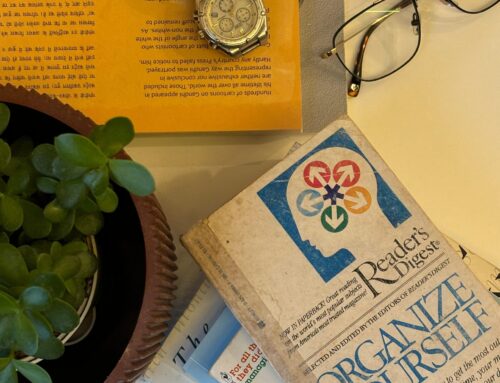Honorifics are a pain to waddle through, in India, although most of the time we handle it well. The first aspect of it is that you couldn’t call anyone who is older than you, or superior to you in the hierarchy, by their first name. The next is that you would attach an honorific “Ji” to their last name. If the last name is Sharma, it becomes Sharma Ji. This ‘Ji’ thing belongs to the Hindi language but all Indian languages have a parallel to it, for example in the Telugu language you would say, Sharma Garu!
That’s not all. There are three options for the second person pronoun, varying in the implied respect. While, in English, you could address anybody by “you”, in Hindi you have to choose one among Tu, Tum, and Aap in the order of increasing respect.
But when we speak in English it gets quite easy, just add Sir or Madam. The cultures in multi-national organizations that have heavy influence of foreigners, especially Americans, people get little easy with the Sir and Madam business, but the other organizations are chock-a-block with Sirs and Madams!
It gets funny when a junior is addressing a clutch of Sirs. These expressions are not so uncommon in such scenarios, “When I was going to meet Sir in the morning, Sir (other) stopped me and asked me to also carry the other document written by Sir (some other)”. Mostly his gaze tells which Sir he is referring to at any moment. Honorifics are not just limited to the conversations but they also creep into emails. The Email is addressed to a few recipients and it starts with “Dear Sir”. The body of the email only could give context to decide which Sir the mail is addressed to.
The funniest incident that I want to quote was during one of my tenures in a multi-national company. We interacted normally with our American colleagues but when it was just “us”, we switched back to Sir/Madam galore! I was then manager of few product development teams. One of the teams was quite young, both by age of the team members and also by age of the team itself.
On an occasion, I noticed that they were calling not only me by Sir but also to each other. I realized that equality was on their minds. I think the idea was if I have to say Sir to my superiors why not do the same to my beloved peers! Neat! I couldn’t have any problem with it!
This went on well for few days, but then they realized a problem with this scheme. Whenever they sat down for technical debates, they had to control themselves within the decorum of Sir and Madam, which they didn’t have to, before. Their agony was amusing to me. But it all blasted finally in one meeting.
The debate was fierce. Each one was trying to convince the others about how their idea was better.
“Sir, your proposal is not good.”
“I don’t agree Sir. You are not trying to understand.”
“No. You are not trying to understand, Sir.”
“Aap bewakoof ho (You are foolish), Sir.”
“Aap ka dimag kharab ho gaya hai (you lost your mind), Sir.”
No wonder, in a matter of few days sanity prevailed and they got back to calling each other by their first names, and “debated” to their hearts’ content!
Subscribe to my newsletter, at bottom of this page, to get stories like this and more, directly in your inbox!
(featured image: Photo by Oleg Magni from Pexels)






